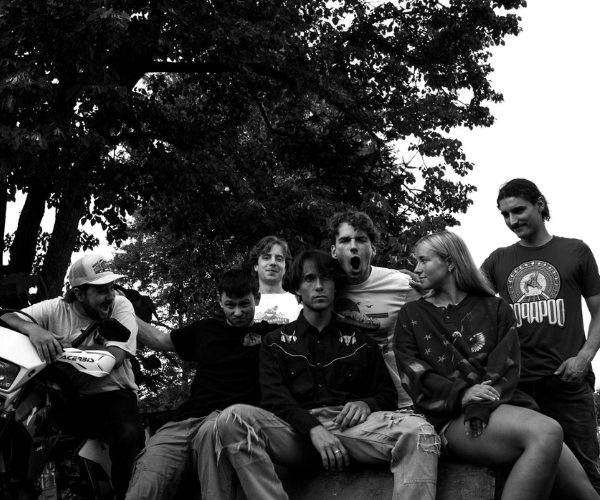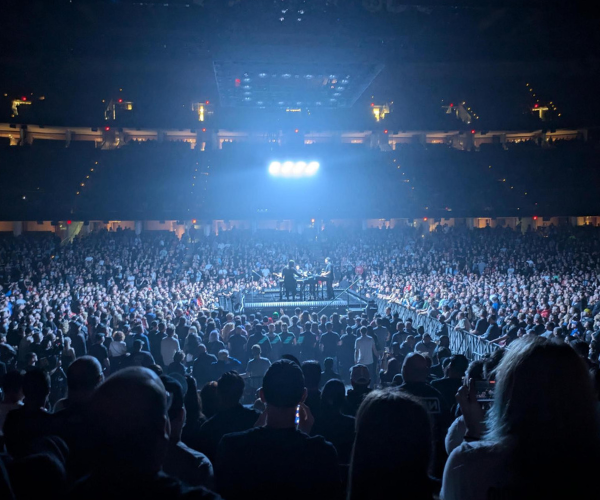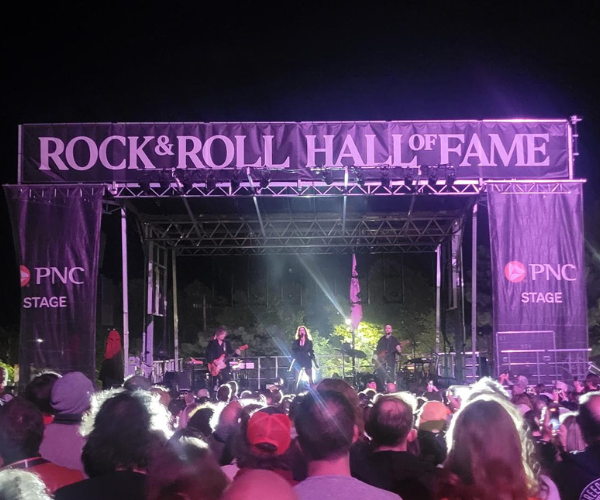W. Allen Taylor Web exclusive
In the June 2007 issue of Cleveland Magazine, we printed a Q&A with W. Allen Taylor. Below is an expanded version of that interview.
Talkin’ About Hawkins
At age 14 W. Allen Taylor stopped asking who his father was. Now 40 years later, after only meeting his father, Bill Hawkins — one of the first black radio personalities in Cleveland during the late 1940s — once (and not knowing it was him), Dobama Theatre has brought his “one-man show,” “Walkin’ Talkin’ Bill Hawkins...In Search For My Father” to the Cleveland Play House June 8 through 24. We asked him about his journey to find his dad. — Katie Seminara
Q: What was the deciding factor in your choice to search for your father’s history?
A: It just came to me in a very spiritual way. I turned 44 in Los Angeles and my dad was 44 when I was born. I found myself writing about my father in a journal and I started to realize what he might have gone through. When I was telling on of my friends about it, she said I should write a play.
Q: What was the best part of the experience as a whole?
A: Just the unearthing of all the information about my father. I’ve had a number of epiphanies and revelations about him. I’m a real people person and I enjoyed meeting people who knew him and talking to them. Also, the personal closeness and progress, seeing his pictures, hearing his voice. Nothing beats that for me, I’m 54 and after a lifetime, when I hear a new story I feel like a 5 year old.
Q: What does it mean to you to be performing the show in Cleveland?
A: It’s a Cleveland story and I will learn so much more about my father. Part of the reason is to bring his legacy to Cleveland. One of my strongest anticipations of coming to Cleveland is meeting more people who knew my father and seeing what they knew about him.
Q: Is the production a way to stay connected with this person you never knew and how does that affect you as an individual?
A: It’s interesting. I’m always filled with a lot of emotion after each show, because every time I do it I’m making emotional progress. But I hear other personal stories. It’s gratifying to know that it’s not just about me. I think people are eager to say my story has brought up something for them. I really think theater has human properties, when people go into the theater they want to leave changed.
Q: If there were one thing you want people to know about your father’s career and life, what would it be?
A: Not only that he was the first black DJ, but what an important era it was for black DJ’s and radio in general. For the most part, I think radio is the most mundane and boring it has ever been. I think my father’s years of DJs were so important, not only with radio, but because of the music. It was a time when black music reached beyond the boundaries of black communities. It was transmitted by people like my father who helped expand such music into the mainstream. The legacy that he leaves is larger than the person of Bill Hawkins, but I don’t want him to be forgotten.
Q: What was the hardest part of finding the information you were looking for?
A: Most phone calls I would get long pauses or people saying they never heard of him or didn’t know how to get information. Once in a while I would get a contact, someone would not only know him, but knew him personally.
Q: While compiling the information did you know you would write a play?
A: I knew by writing a play it would break open so much for me and open the truth with the relationship with my dad. I had become a theater artist. It’s just what I do and the best way I knew how to do it was through my life’s work. I think if I was a musician I’d try to tell the story through music.



